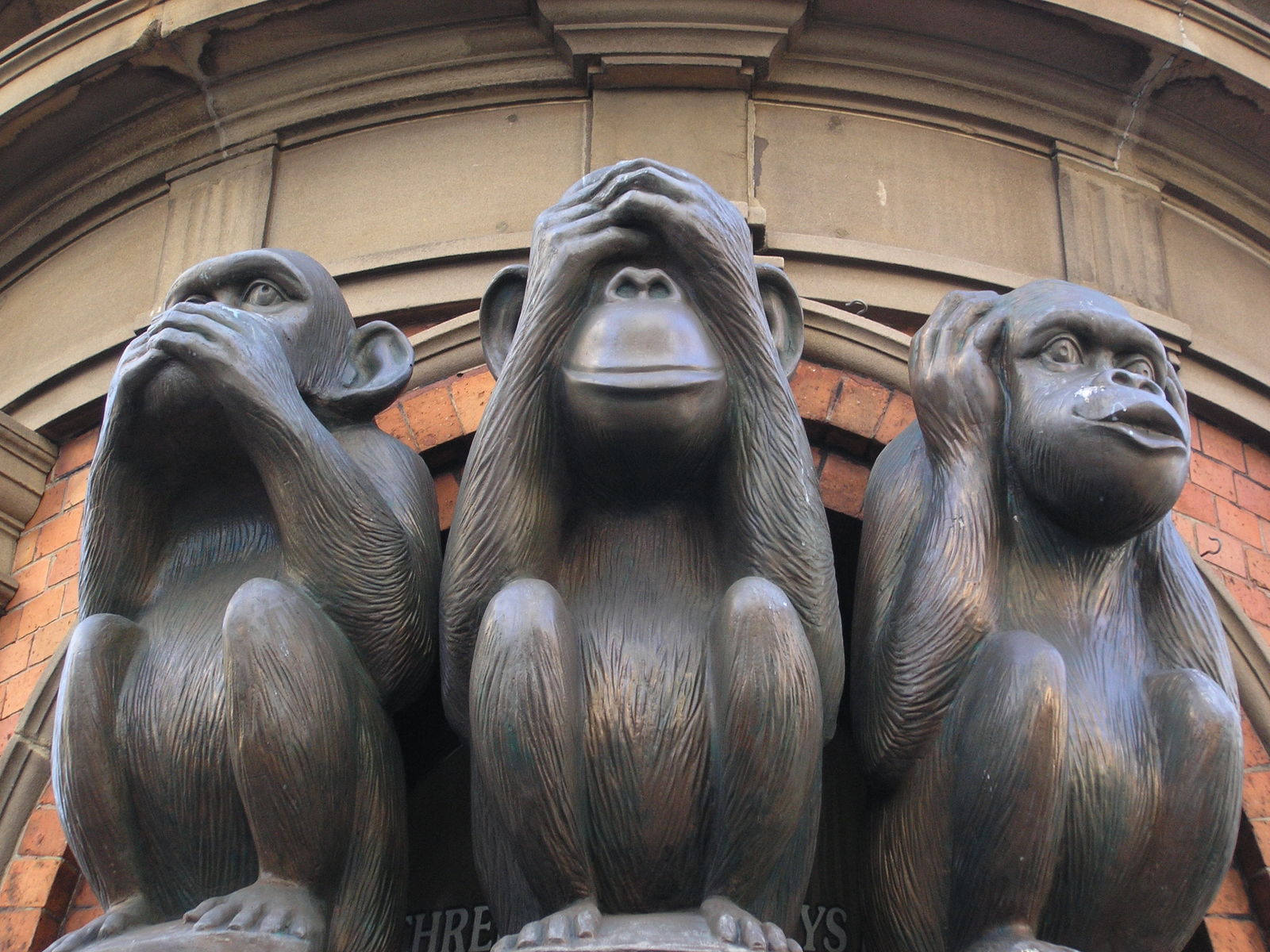

"The Patent Trial and Appeal Board (PTAB) is a growing force at the USPTO, whereas the EPO's equivalent (the appeal boards) is being marginalised."One of two areas we've always campaigned in is what we refer to as "patents as life" (there are other terms that can be used). Anticipat, a site which markets some products/services by bashing PTAB, has this new post today. It's actually a couple of days old (but only showed up today) and it speaks of the PatCon8 conference, noting that the "State of Patent-Eligibility of Medical Diagnostics [is] Not Good" (in the US).
It's good actually. Very good. No such patents should be permitted and many are indeed being denied. The USPTO has gotten tougher and early assessments suggest that the number of granted US patents -- not to be mistaken for patent applications -- will have declined by year's end (which is not necessarily a bad thing, for constant expansion in monopoly power isn't desirable). "The eighth annual PatCon hosted by the University of San Diego School of Law," Anticipat wrote on Tuesday, "included a wide range of speakers and presentations. Perhaps due to the largely academic audience, participants openly disagreed on various points. But one point had almost universal consensus: patenting medical diagnostics in the US is very bleak due to patent-eligibility. And it’s unlikely to change any time soon."
"The USPTO has gotten tougher and early assessments suggest that the number of granted US patents -- not to be mistaken for patent applications -- will have declined by year's end (which is not necessarily a bad thing, for constant expansion in monopoly power isn't desirable)."Good.
We recently wrote an article about the "cancer" which is patents on treatments (typically mere processes, not an invention) and the concept of "life sciences" as a Trojan horse for patenting things like genetics (nature's 'invention', not a human invention, maybe just an explanation/revelation/reverse-engineering by humans).
The EPO was recently denying patents on CRISPR. These patents on life are laughable and should be voided so as to avoid going down the slippery slope of making DNA as a whole some corporations' 'property'. Hours ago a site dedicated to advocacy of patents on life (or "life sciences") wrote about the ERS Genomics patent (we wrote about this exactly one week ago). This is what it said:
The European Patent Office (EPO) has granted a second CRISPR/Cas9 patent to a specialist genomics company, one month after revoking the Broad Institute of Harvard and MIT’s patent relating to the technology.
[...]
The EPO’s granting of Charpentier’s second CRISPR patent came a month after it revoked a CRISPR patent (2,771,468) owned by the Broad Institute.
"We have never seen even a single European programmer defending software patents."As we noted this morning, the Boards of Appeal were unable to rule properly (e.g. in lieu with the EPC and European Parliment) on software patents and one of their judges got put on a "house ban" shortly after he had vetoed a software patent of a company close to the EPO.
The "EPO annual report has replaced software patents by "4th Industrial Revolution" buzzword," Benjamin Henrion wrote an hour ago. "4th Industrial Revolution" means software patents, I've reminded him, by IAM's and Battistelli's (almost conjoined) own admission. Where will the EPO put the barrier to patenting? Should we accept that mere concepts (like algorithms, not even code) or code of life are patent-eligible in order to artificially inflate the number of granted monopolies? Where would that leave public health and programmers? At the hands of vicious law firms like pretty much every single European advocate of software patents? We have never seen even a single European programmer defending software patents. Never. ⬆